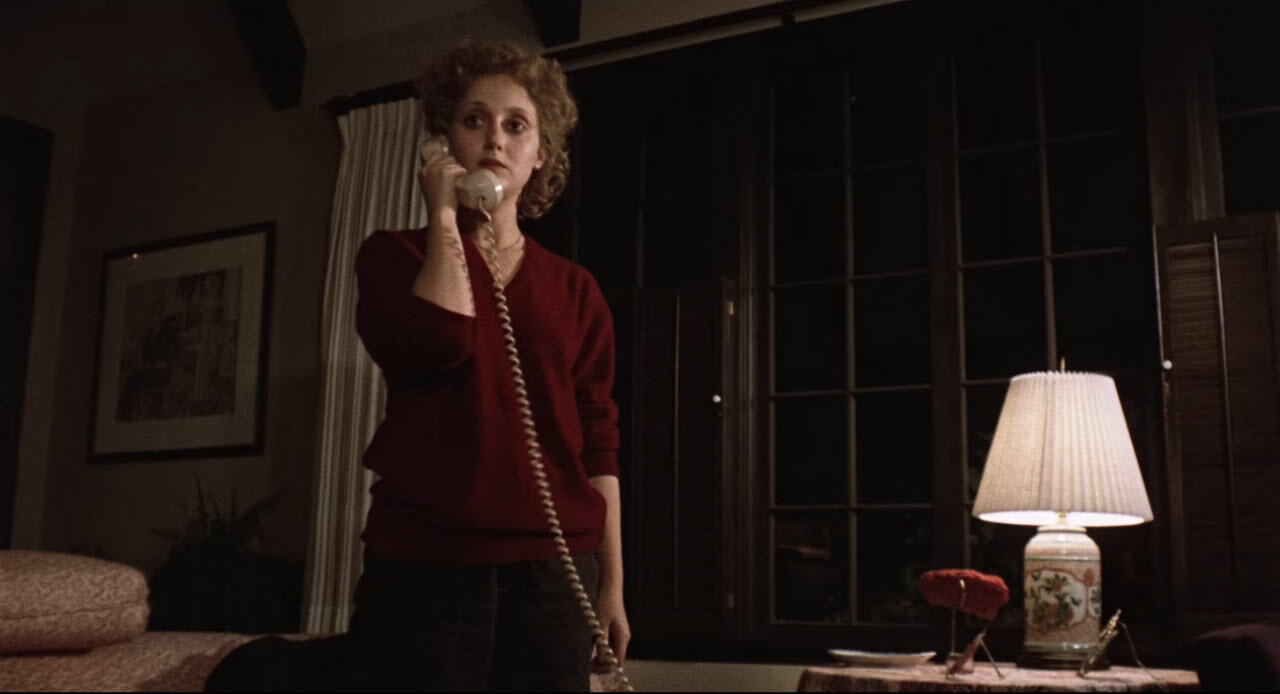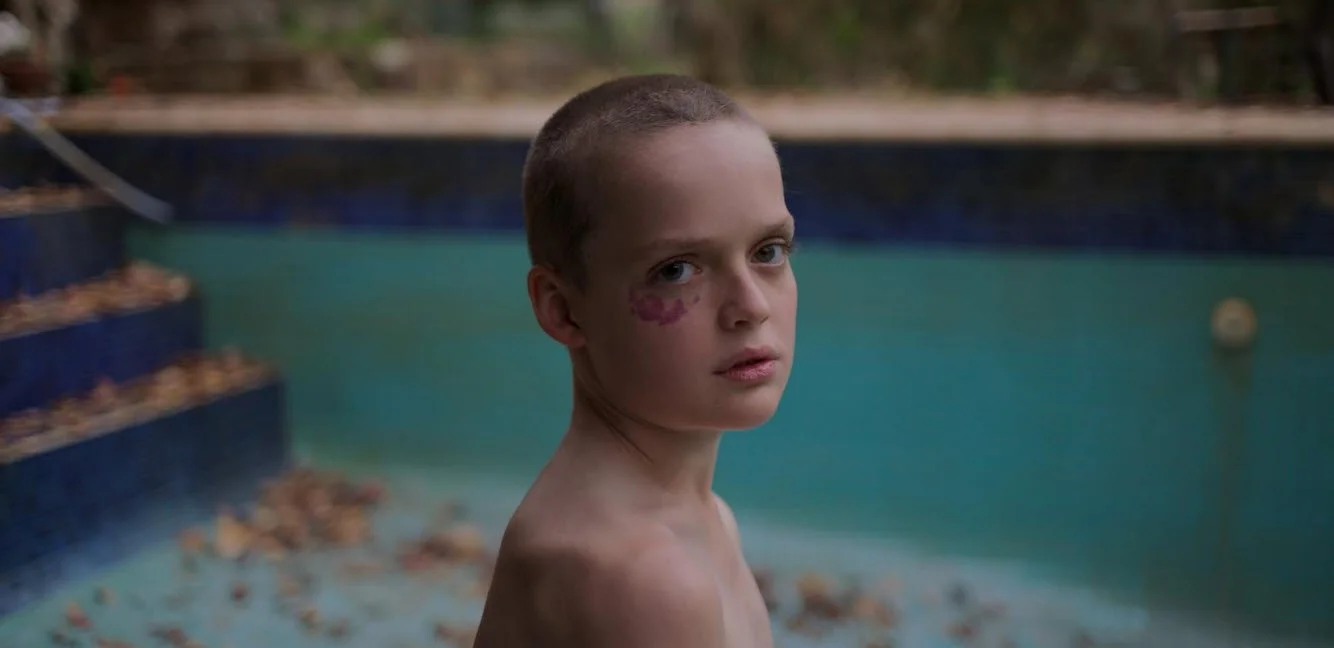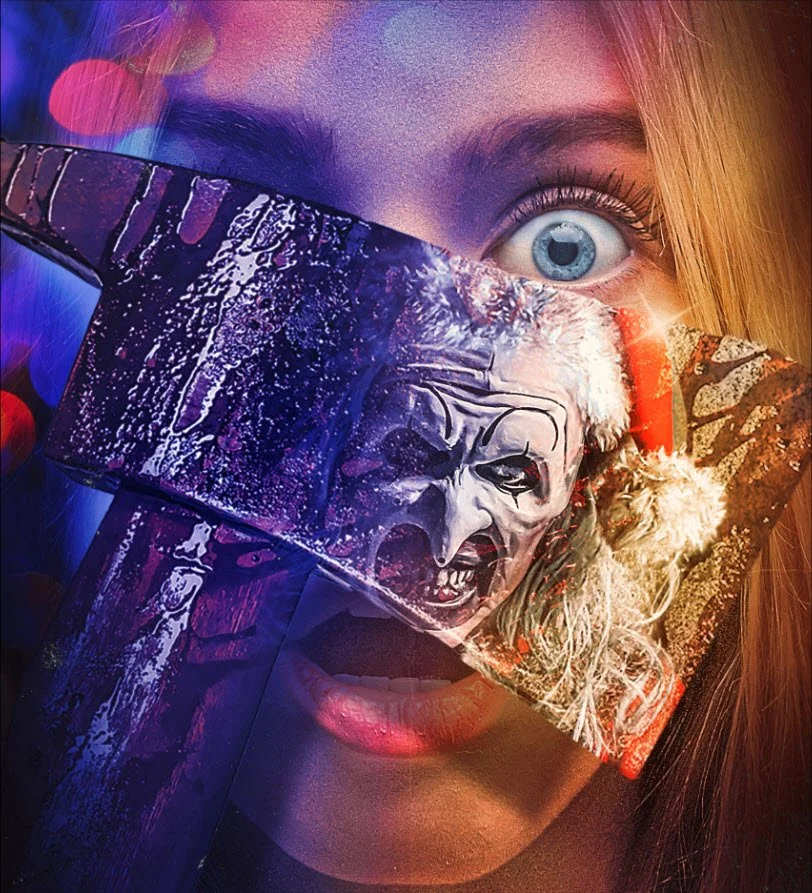When a Stranger Calls (1979) - Review
When a Stranger Calls is a movie I had never seen but had certainly heard about. I’ve seen clips of its famous babysitter scene used in countdowns, montages, and collaborations over the years. “The calls are coming from inside the house!” is a famous line of tension and dread that has been used in some fashion by many other films as well. When my girlfriend discovered that it was available on streaming (and since she hadn’t seen it either), I agreed to sit down and finally watch it.
Image: Colombia Pictures
Pros
First 20 minutes are quick, effective, intense, and well done
The moments in which Carol Kane is present uplift the quality of the film and its drama
Cons
After the first 20 minutes, the real plot of the film begins, and the movie grinds to a halt in terms of interest
The middle section that is bookended by Carol Kane scenes is a dull slog of boring, vacuous drama that could have been much more interesting had it been written or planned better
Cannot be stated enough that this middle section completely ruins all the goodwill earned in the first 20 minutes
Who throws a lock needle as a method of killing someone?
Plot & Thoughts
If you look at the various synopses of this film on different movie websites, the focus always starts with the story about the babysitter. There are several reasons for that. For one thing, the sequence involving the babysitter, Jill (Carol Kane), is the best part of the movie and is in the first 20 minutes. For another thing, it also was very clearly a short film with how it was paced and how it eventually ended. When the first 20 minutes end, there’s a moment of rough editing in which you can tell that something is different. Even the film quality is slightly uneven because it wasn’t originally intended to be a full-length film. Filming for the content that followed the short happened at a different time. I won’t get into the reasons here.
Image: Colombia Pictures
Essentially, the first 20 minutes involve a babysitter being harassed by a psychopath on a phone who keeps calling her and telling her to check on the children. She didn’t do it because the mother had informed her that the children had been dealing with a cold and were difficult to put to bed, so it was best not to disturb them. Regardless, the babysitter ignores the requests and calls the police. The police trace the calls and tell her that they’re coming from inside the house. In a daring moment of terror, she attempts to flee. It’s all very dramatic and effective when the silhouette of a man at the top of the stairs appears, and she frantically tries to open the front door and escape.
After this moment ends, we find out that the man was captured, that he had killed the two children, and that the babysitter was okay. Seven years pass, and through an exposition dump, we discover that the killer named Curt Duncan (Tony Beckley) escaped the mental institution he was in. The father of the deceased children (Carmen Argenziano) enlists the help of a private detective who was on the case at the time, John Clifford (Charles Durning), to track him and kill him. From there, the rest of the film follows Duncan as he wanders the streets of Los Angeles as a homeless man who is awkward and incapable of interacting with people in a normal way, while occasionally checking in on the private eye to see how close he is on the trail. This ultimately makes up a majority of the 97-minute run-time.
Image: Colombia Pictures
From a top-down view, the idea of tracking a known killer isn’t a bad one. However, the way that it is executed is just a strange failure to understand how to achieve drama or tension. The middle portion of this film is so damn dull. Duncan is a pathetic creature who is mostly just awkward and barely a threat. It’s not the fault of the actor because that’s apparently what they were going for, but I really wonder why. No real backstory is given to his character. Nothing is told to the audience as to why we should be sympathetic towards a man who apparently killed two small children in their beds. He just struggles to interact with people in a way that doesn’t make others irritated or creeped out, and that’s all they really go for in terms of character-building.
Likewise, the scenes following John Clifford are pretty boring as well. His detective work isn’t all that impressive, and a key scene in the middle when he’s trying to lure Duncan out shows how stupid he is because he manages to ignore the previous MO of a psychopath. The sequences in which he’s chasing after him are laughable at best and cringe-inducing at their worst. Not to mention, his preferred method of murder was to use a lock needle/lockpick, but not as a simple stabbing tool. Instead, the best idea he had was to throw it like a throwing knife. Something that small and ineffective would not have been a recommended murder weapon, even if you are trying to be untraceable.
Image: Colombia Pictures
Regardless of how the events of the movie play out, or how stupid some of those events are, the fact remains that all the goodwill that the first 20 minutes manages to establish is squandered completely. It was a very effective scene, and had it stayed a short film, it probably would be one of the best horror shorts ever made. Instead, they tried to capitalize on it and stretched out the plot without having an idea of what to do with it. They manage to get Carol Kane to close out the film in its final act and re-inject it with some drama and tension, but by that point, the damage was done.
TL;DR (Conclusion)
This movie sucks. It’s boring, dull, and disappointing. The original short film that acts as the opening 20 minutes is incredible in how well it builds tension and drama. As soon as it ends, you’re left with another 70 minutes of dull disappointment as you’re forced to follow two bland characters who are not the least bit compelling or interesting. If you’ve never seen this movie before, just turn it off when the babysitter scene ends.













